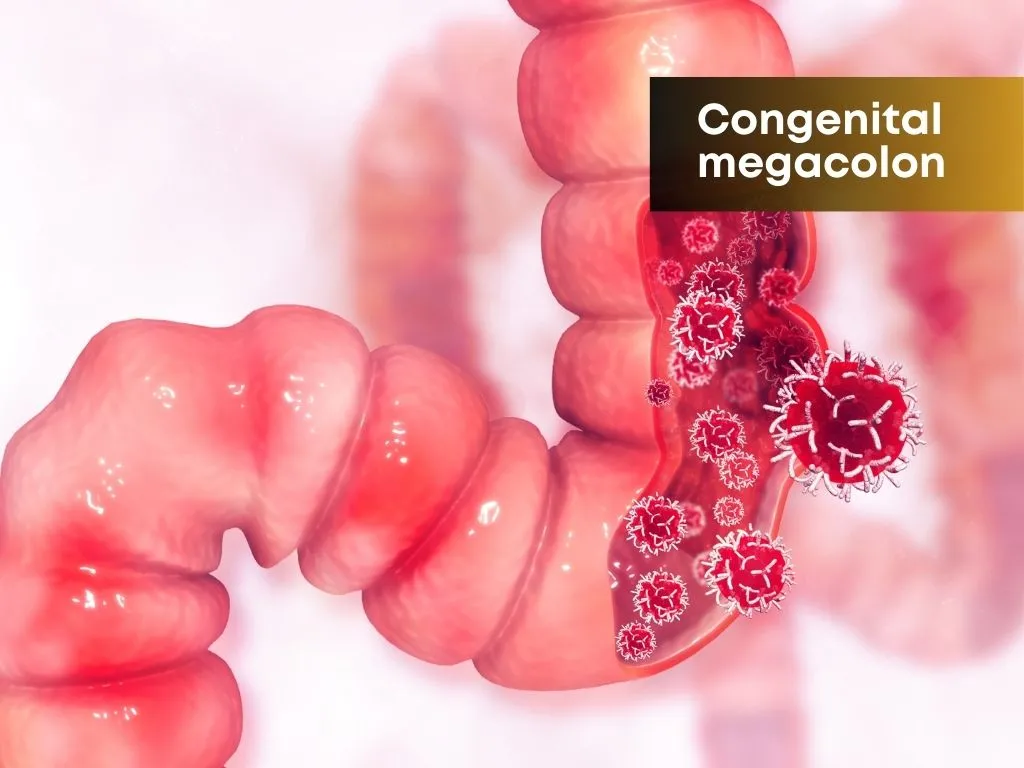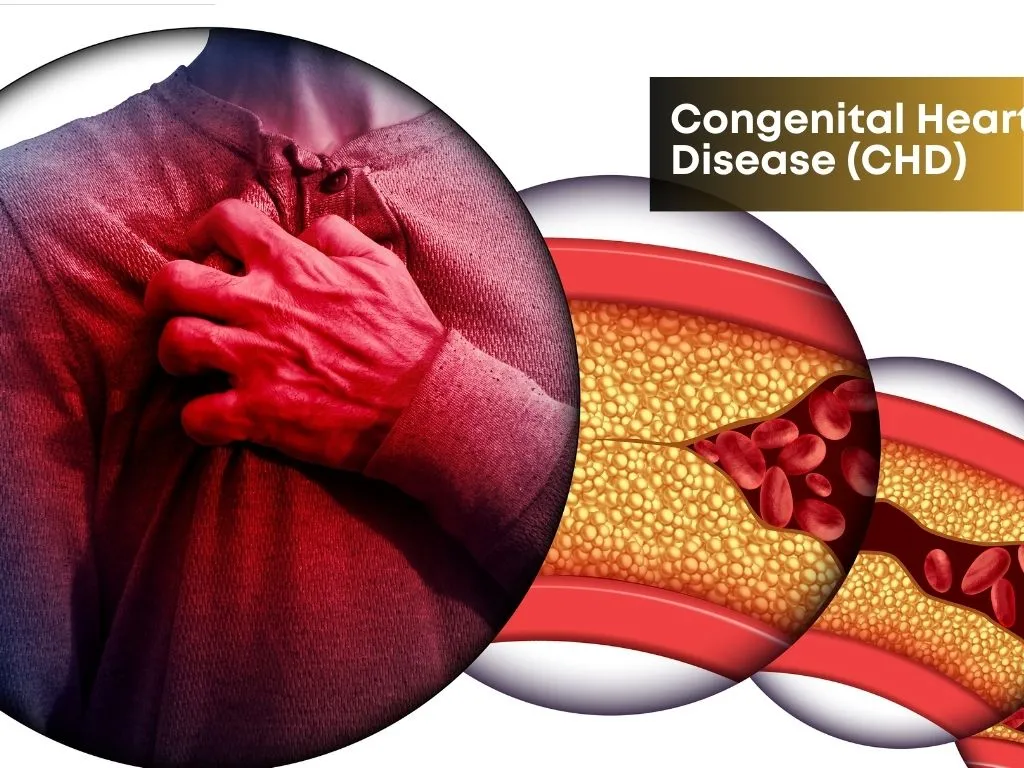Overview
Congenital megacolon, is a condition that affects the large intestine (colon) and causes problems with passing stool. It's a congenital condition, meaning it's present at birth, and occurs when certain nerve cells in the colon are missing.
These nerve cells, called ganglion cells, are responsible for controlling the muscles that push stool through the intestines. In this, the affected segment of the colon lacks these ganglion cells, leading to a narrowing or obstruction of the colon.
Causes
Genetic factorsEmbryological developmentEnvironmental factorsAssociated conditions: such as Down syndrome, Waardenburg syndrome,and multiple endocrine neoplasia type 2.
Symptoms
Failure to pass meconium: Meconium is the dark, sticky stool that newborns typically pass within the first 24 to 48 hours after birth. Chronic constipationAbdominal distensionVomitingPoor feeding and weight gainFoul-smelling stoolEnterocolitis
Treatment: Modern Medicine
Pull-through procedureNutritional supportStaged repairBowel management
Treatment: Traditional Medicine
Dietary modificationsMedications: In some cases, laxatives or stool softeners.Acupuncture
Caution
Potential limitationsRisks and side effects: Some traditional or non-surgical treatments may carry risks or side effects.
Prevention
Genetic counselingPrenatal screeningEarly diagnosis and treatment
 Nalamaree Team
Nalamaree Team





















.jpg.webp)
